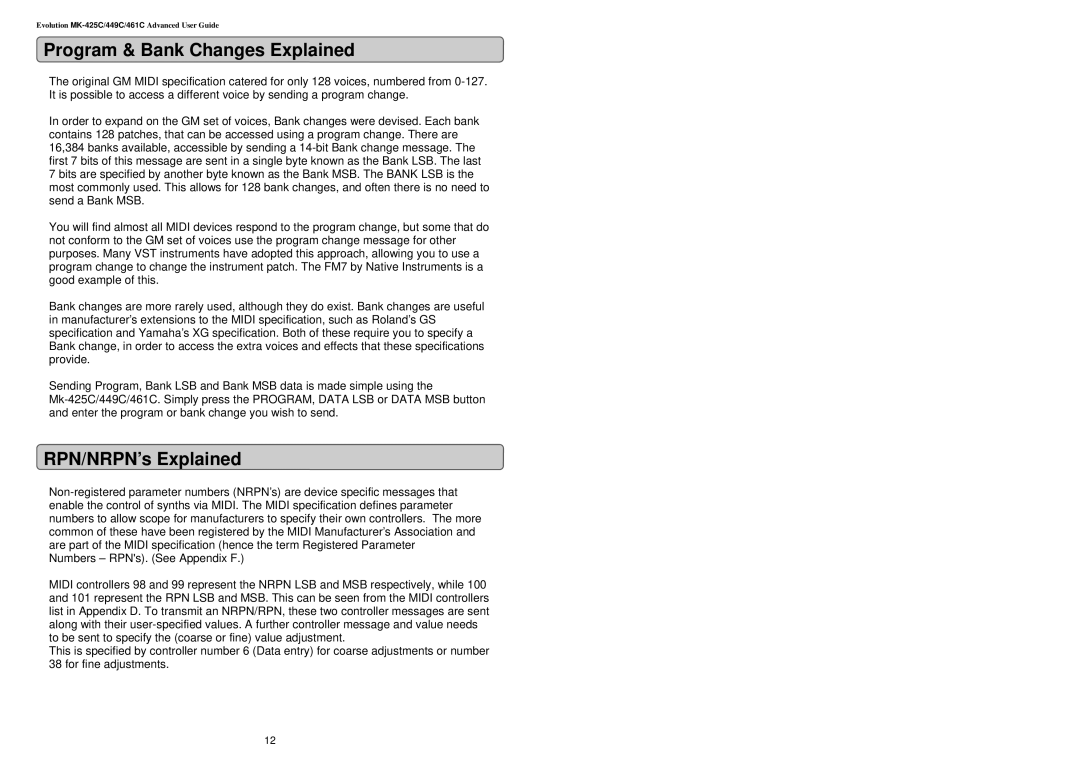MK-416C specifications
The Evolution Technologies MK-416C is a significant advancement in modern airsoft replicas, known for its reliability, versatility, and cutting-edge features. Designed for both recreational enthusiasts and serious players, the MK-416C is crafted to emulate real-world firearms closely, providing an authentic shooting experience.One of the standout features of the MK-416C is its robust construction. Made from high-quality materials, the replica boasts a full metal upper receiver and handguard, ensuring durability while maintaining a lightweight profile. The polymer lower receiver offers strength and resilience, vital for use in various environments and conditions. This combination of materials not only enhances the overall aesthetics but also contributes to the gun’s longevity on the battlefield.
Powering the MK-416C is a responsive and efficient electric blowback system, which simulates the recoil of real firearms, providing a more immersive shooting experience. This feature is particularly appreciated by players looking to enhance their tactical training. Additionally, the MK-416C is equipped with a powerful quick-change spring system, allowing users to easily adjust the gun’s FPS to comply with field limits or personal preferences.
The MK-416C comes with a fully adjustable hop-up system, enabling players to fine-tune their shots for improved accuracy and range. This adjustable feature allows for consistent performance across a variety of distances and conditions, making it a flexible option for players who may encounter different scenarios during gameplay.
Another attractive attribute of the MK-416C is its modularity. The fully rail-compatible handguard allows users to attach various accessories such as optics, foregrips, and lasers, catering to individual tactical preferences. The adjustable stock further enhances adaptability, providing a customizable length for different shooting styles and player comfort levels.
Ergonomically designed grips and a smooth trigger response make the MK-416C user-friendly, promoting user confidence in high-pressure situations. With all these features combined, the Evolution Technologies MK-416C stands out as a premium airsoft replica, appealing to both casual players and dedicated airsoft athletes seeking reliable performance on the field. It represents the perfect blend of technology, design, and functionality in the competitive world of airsoft firearms.

